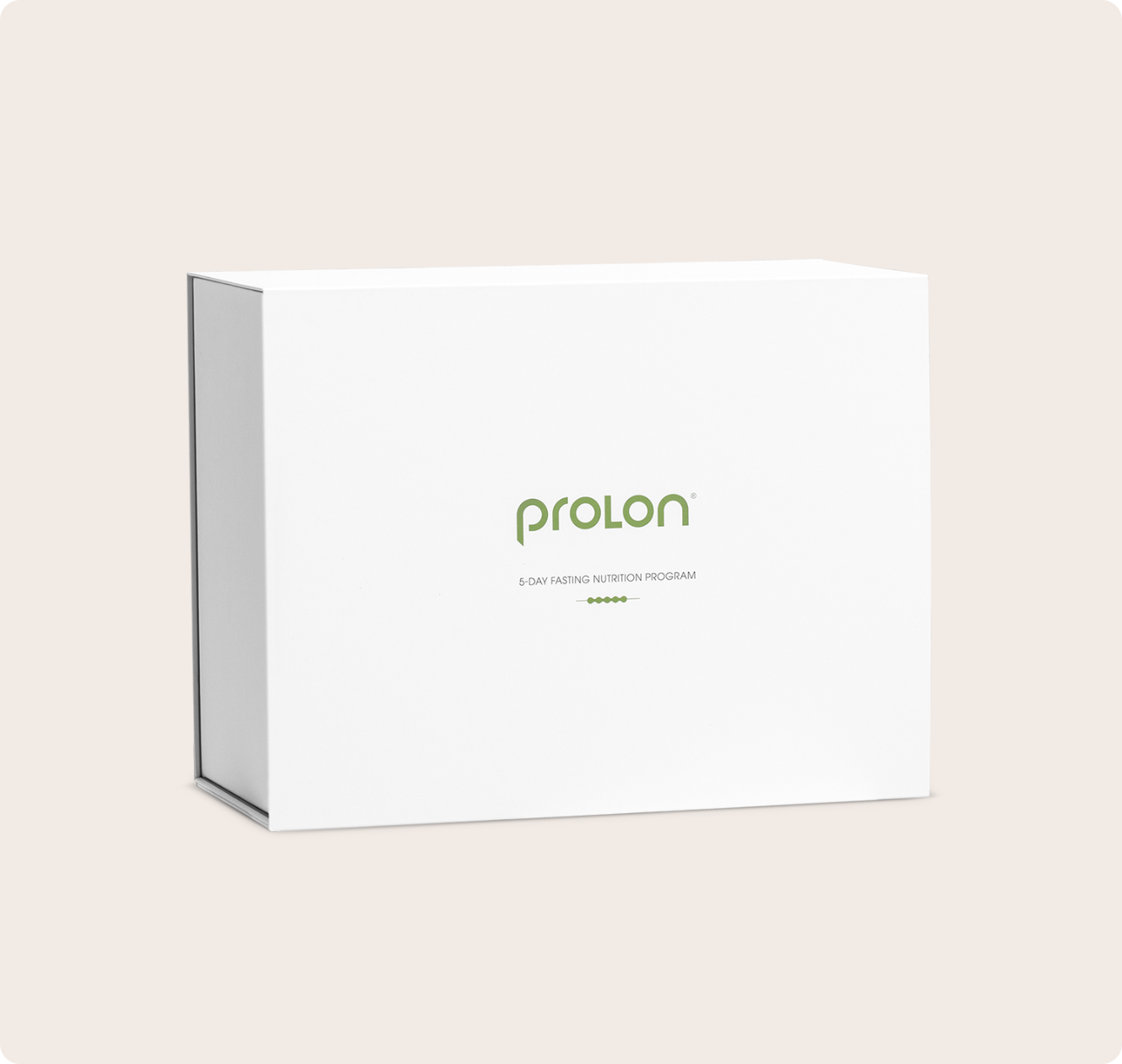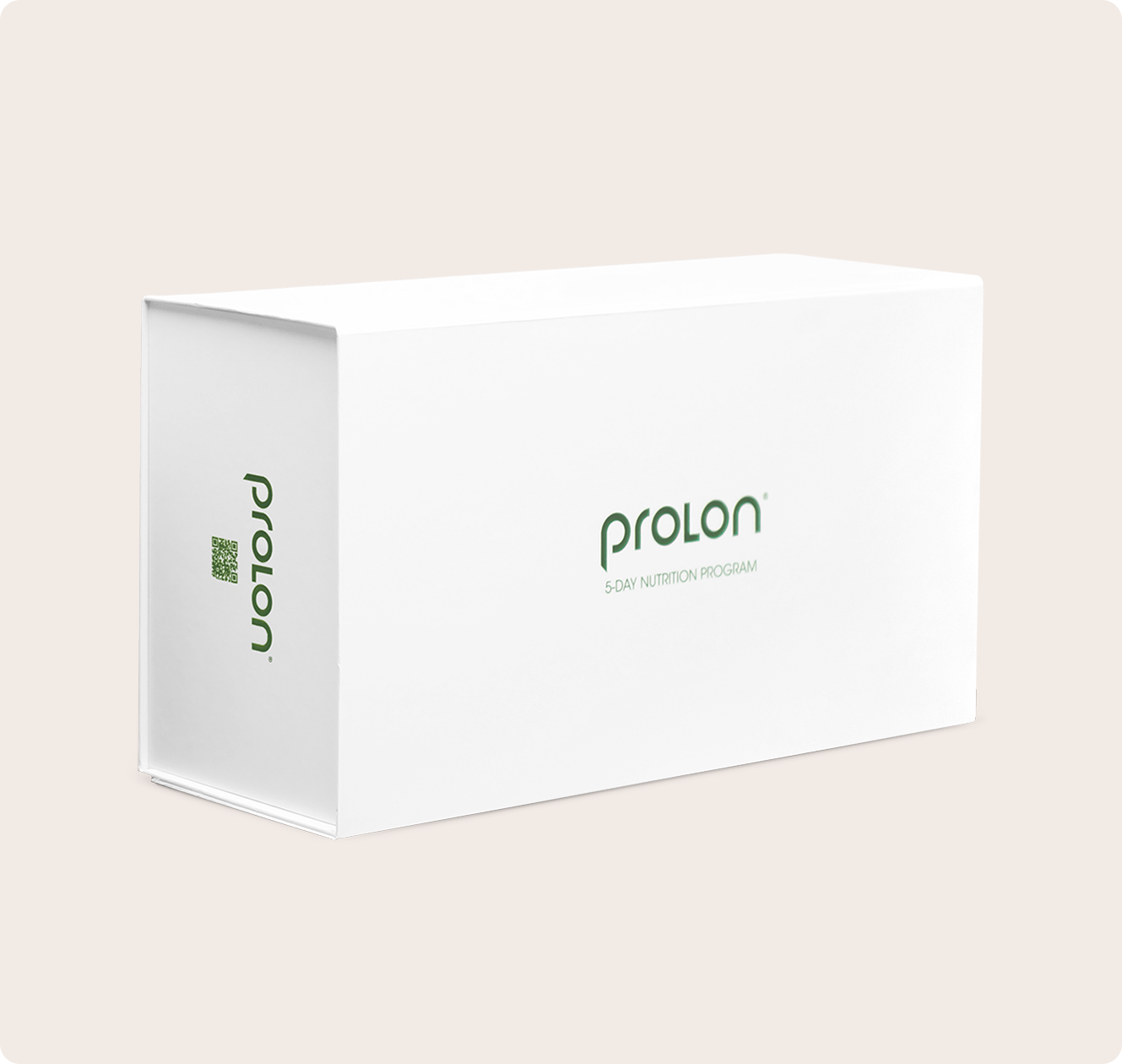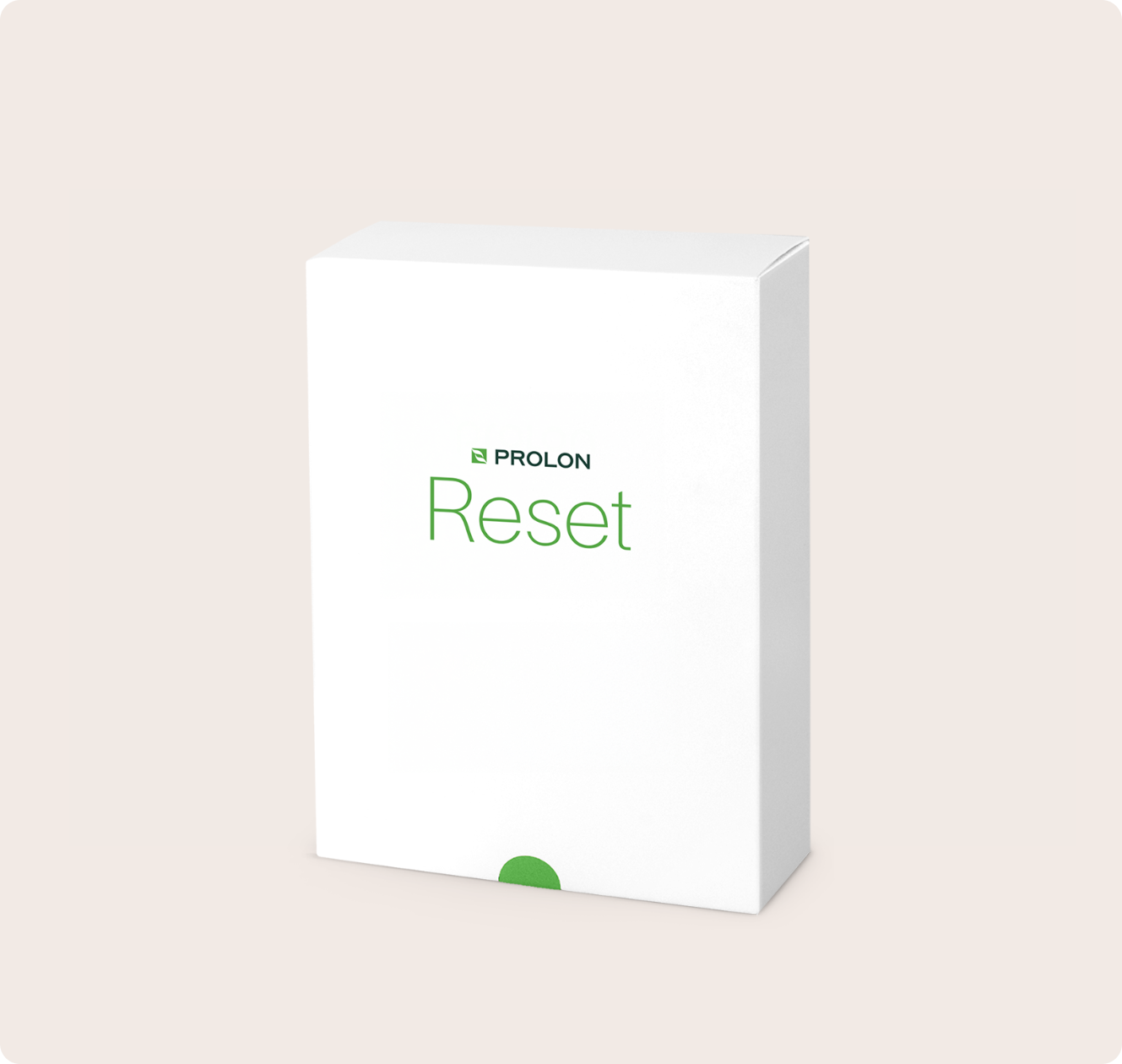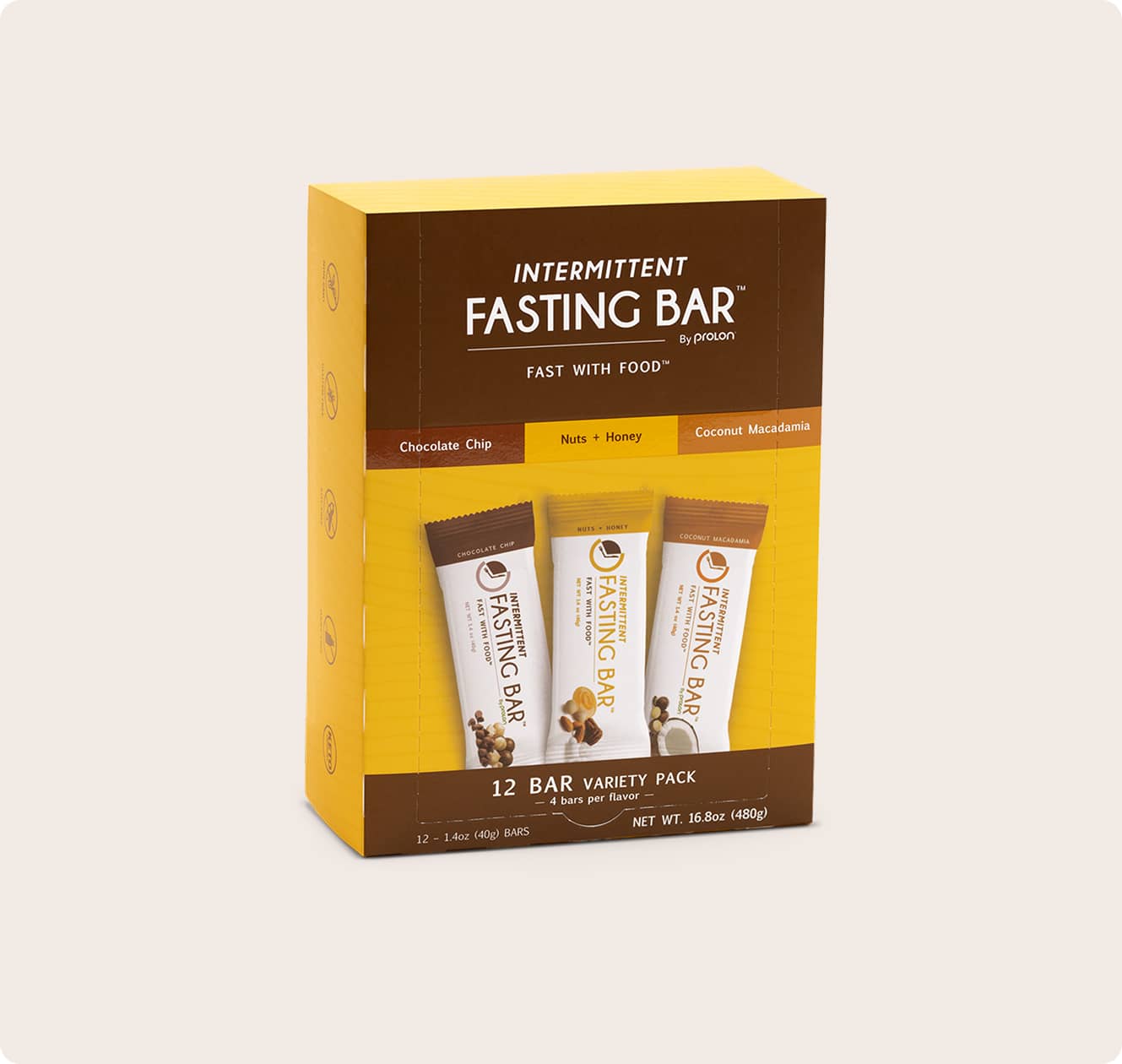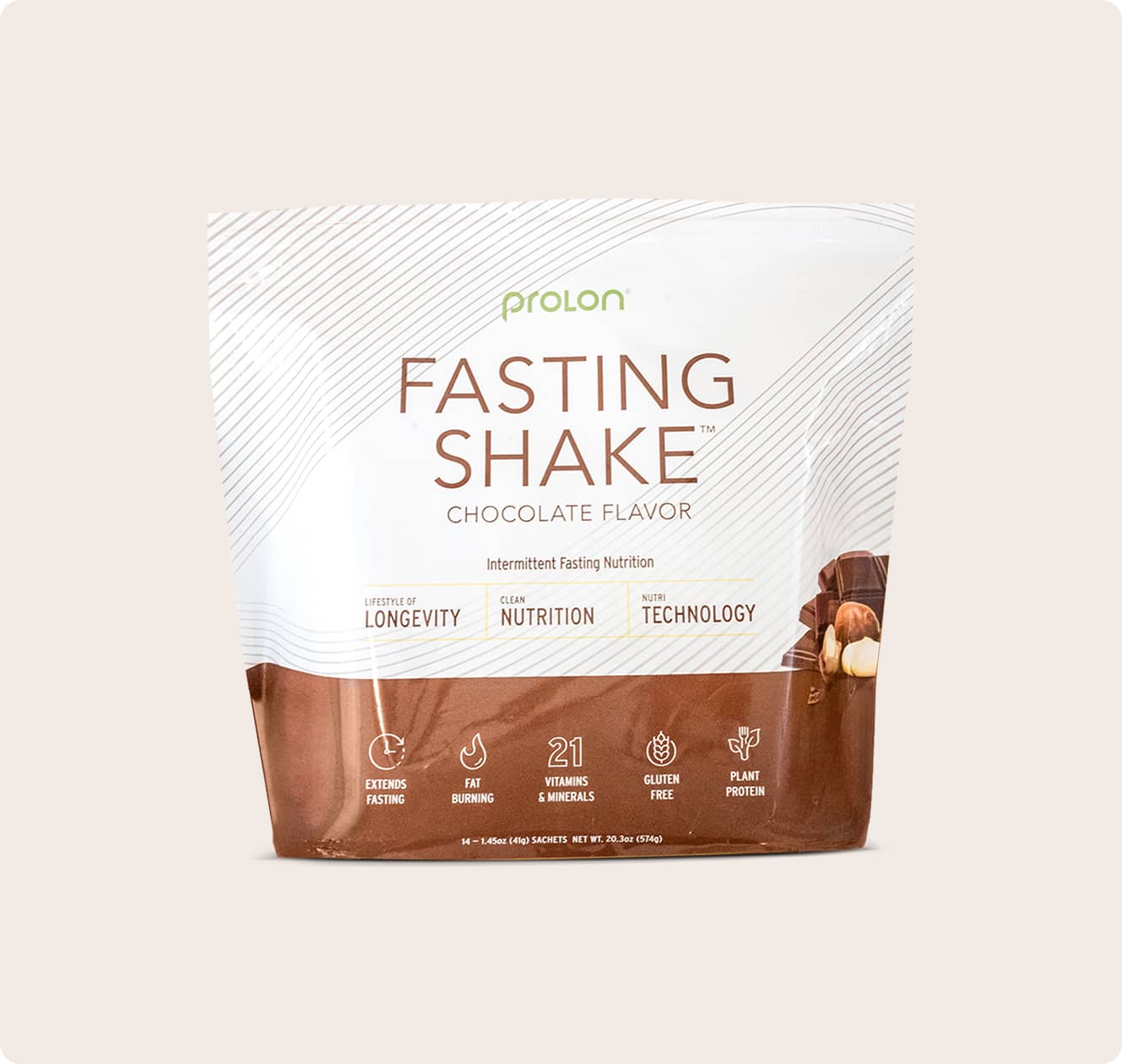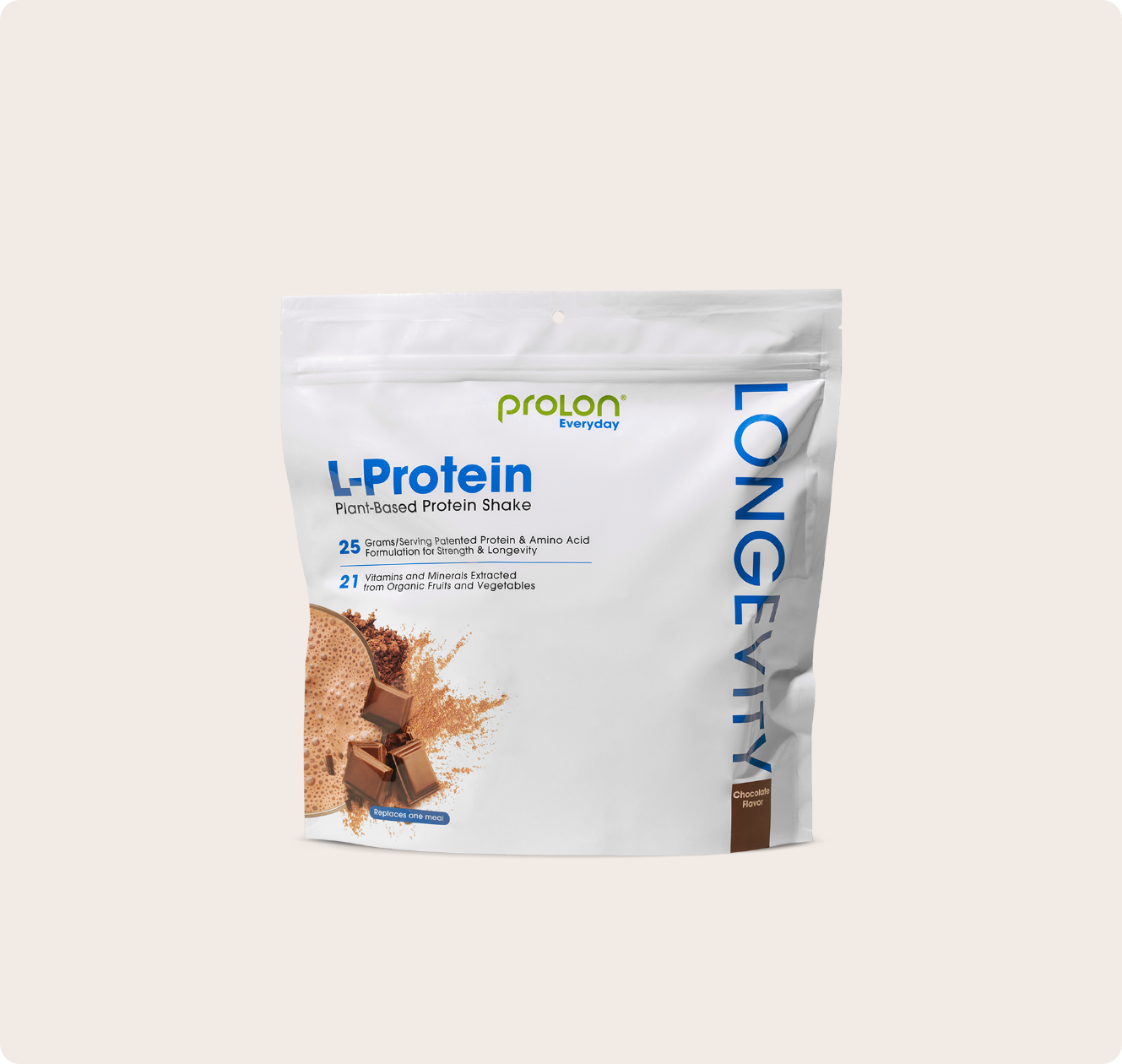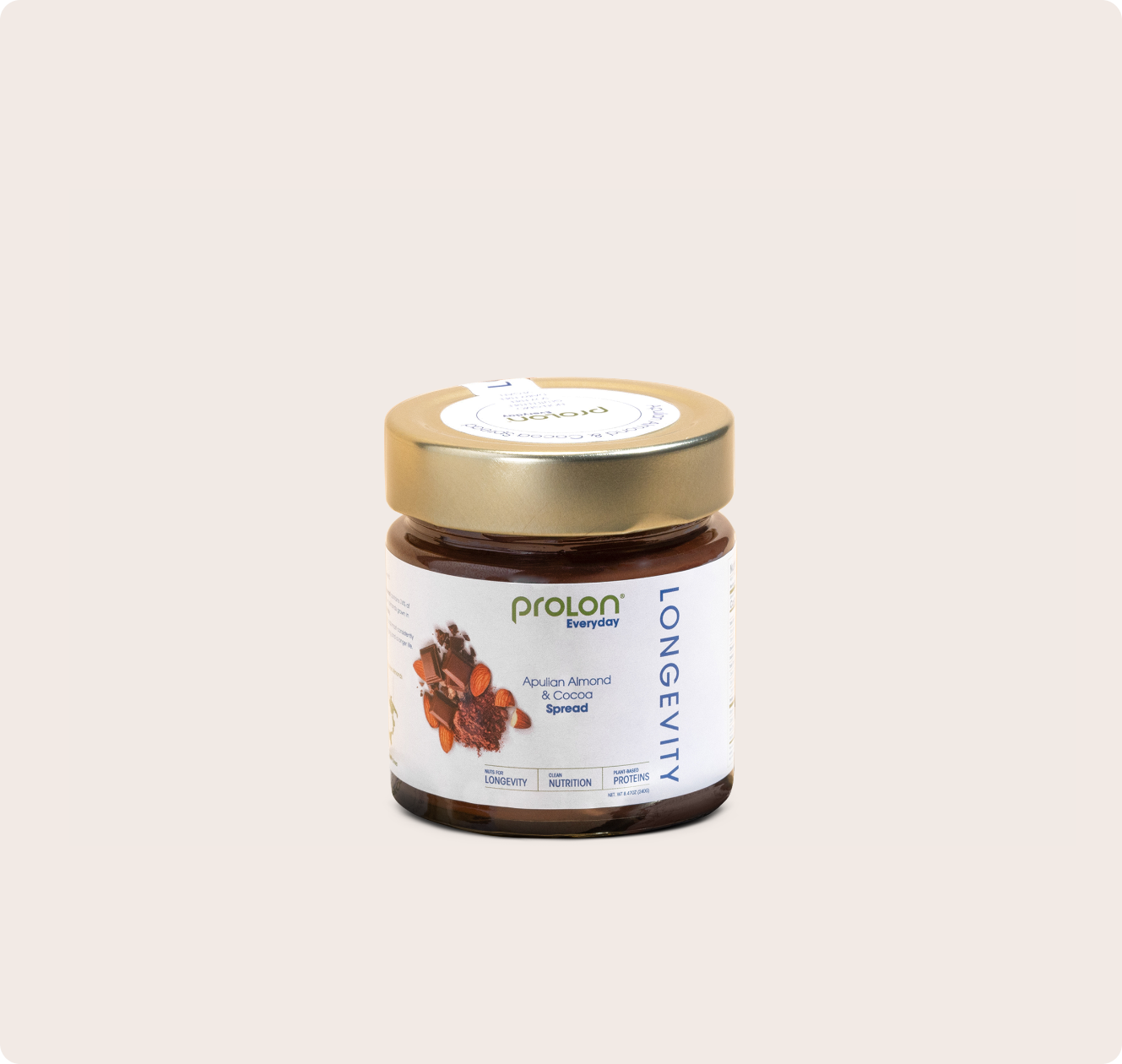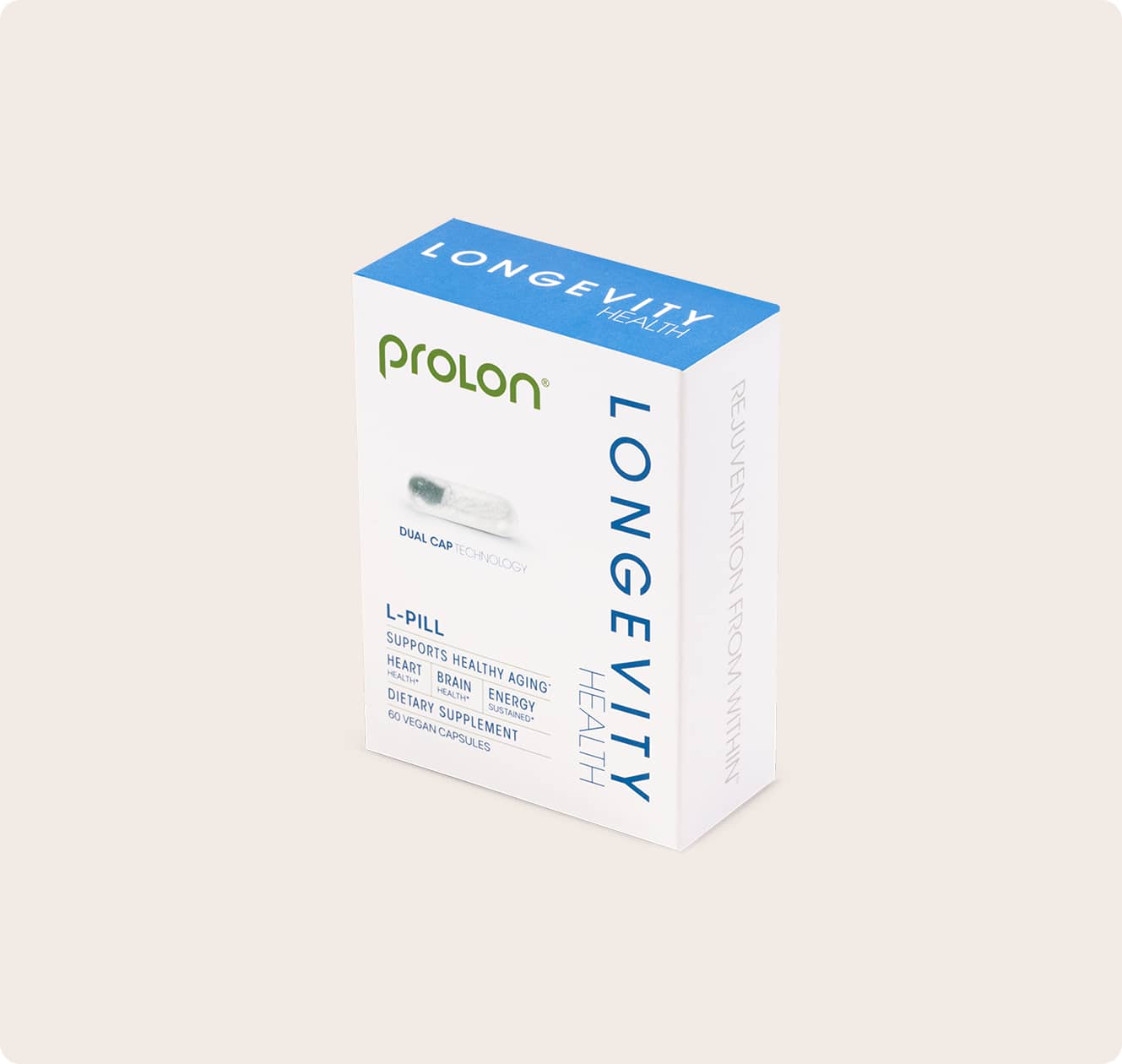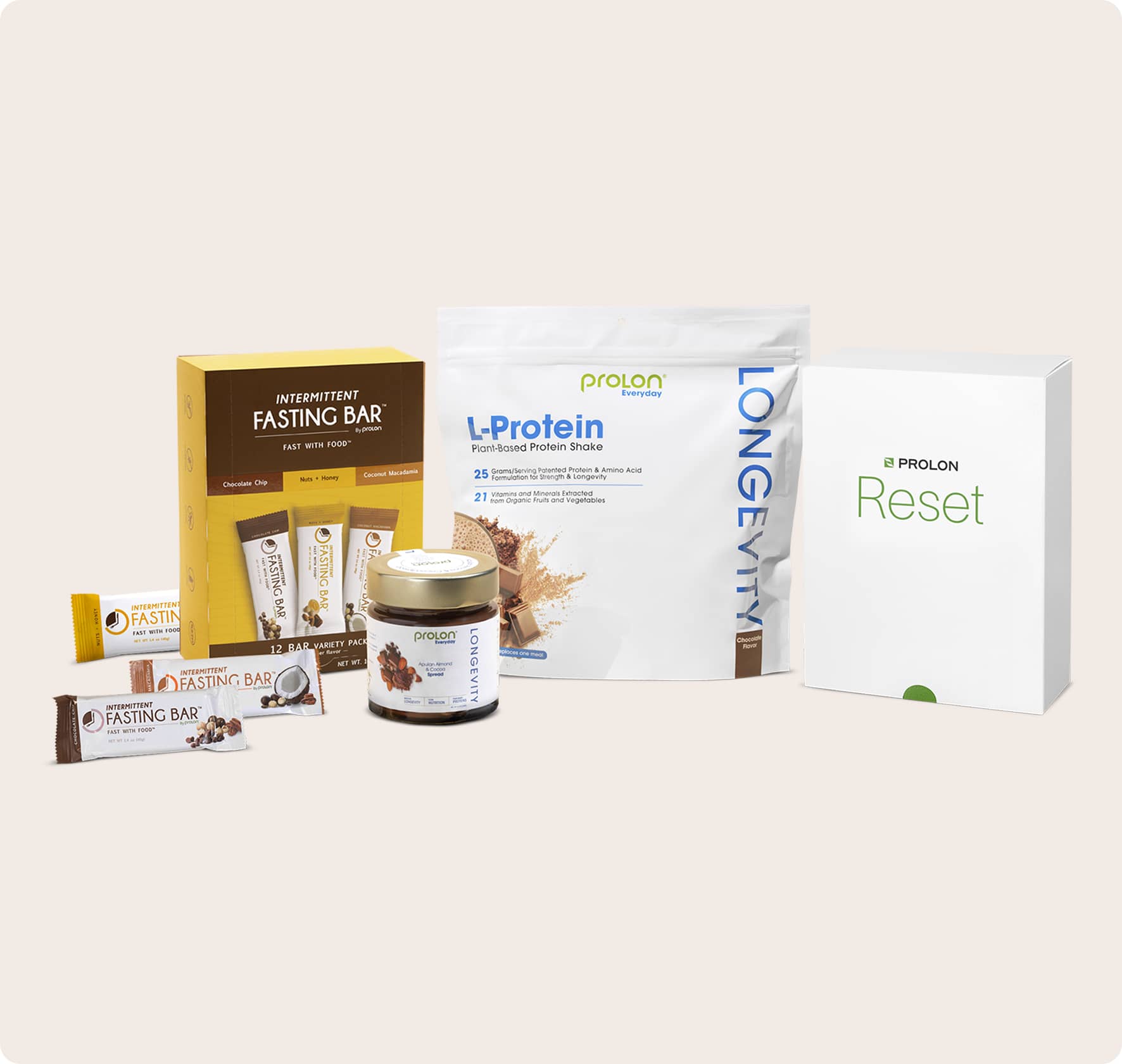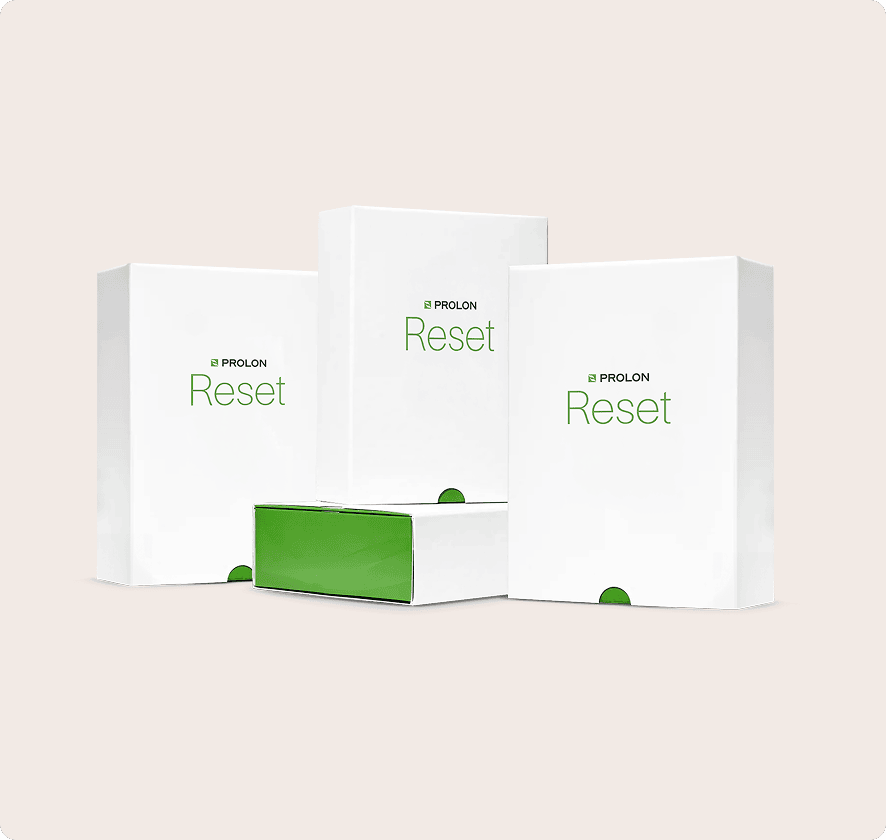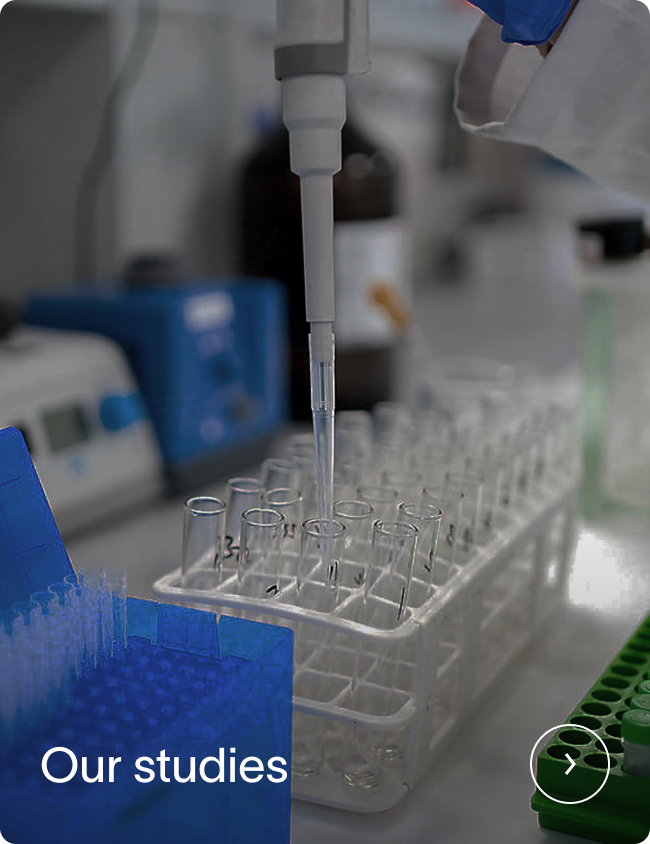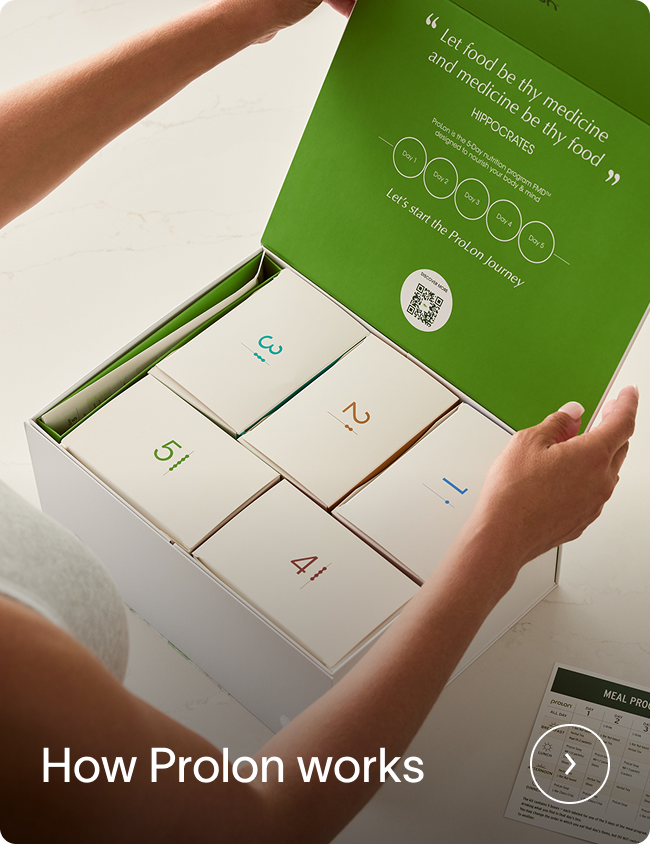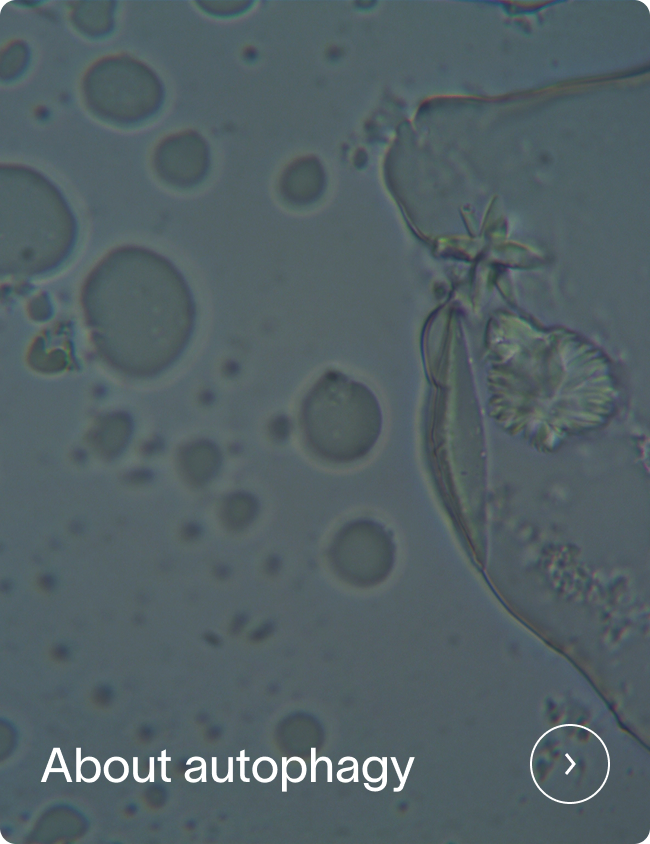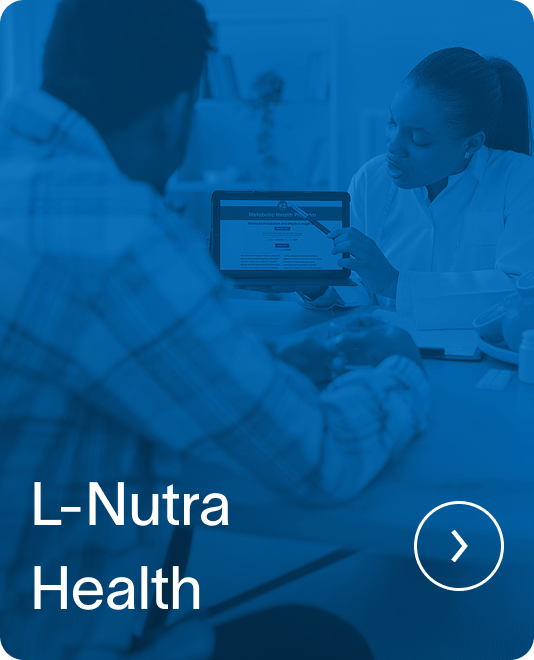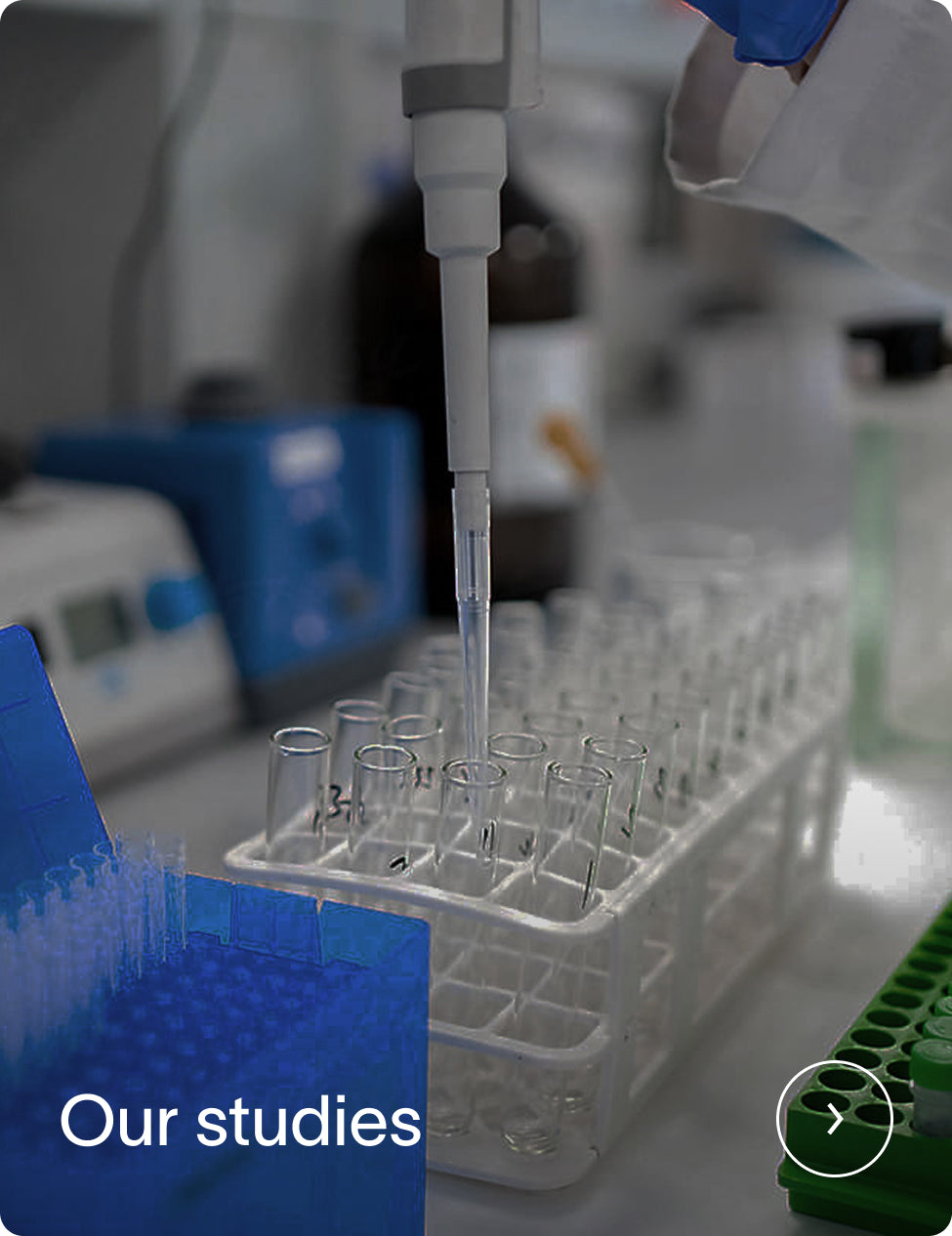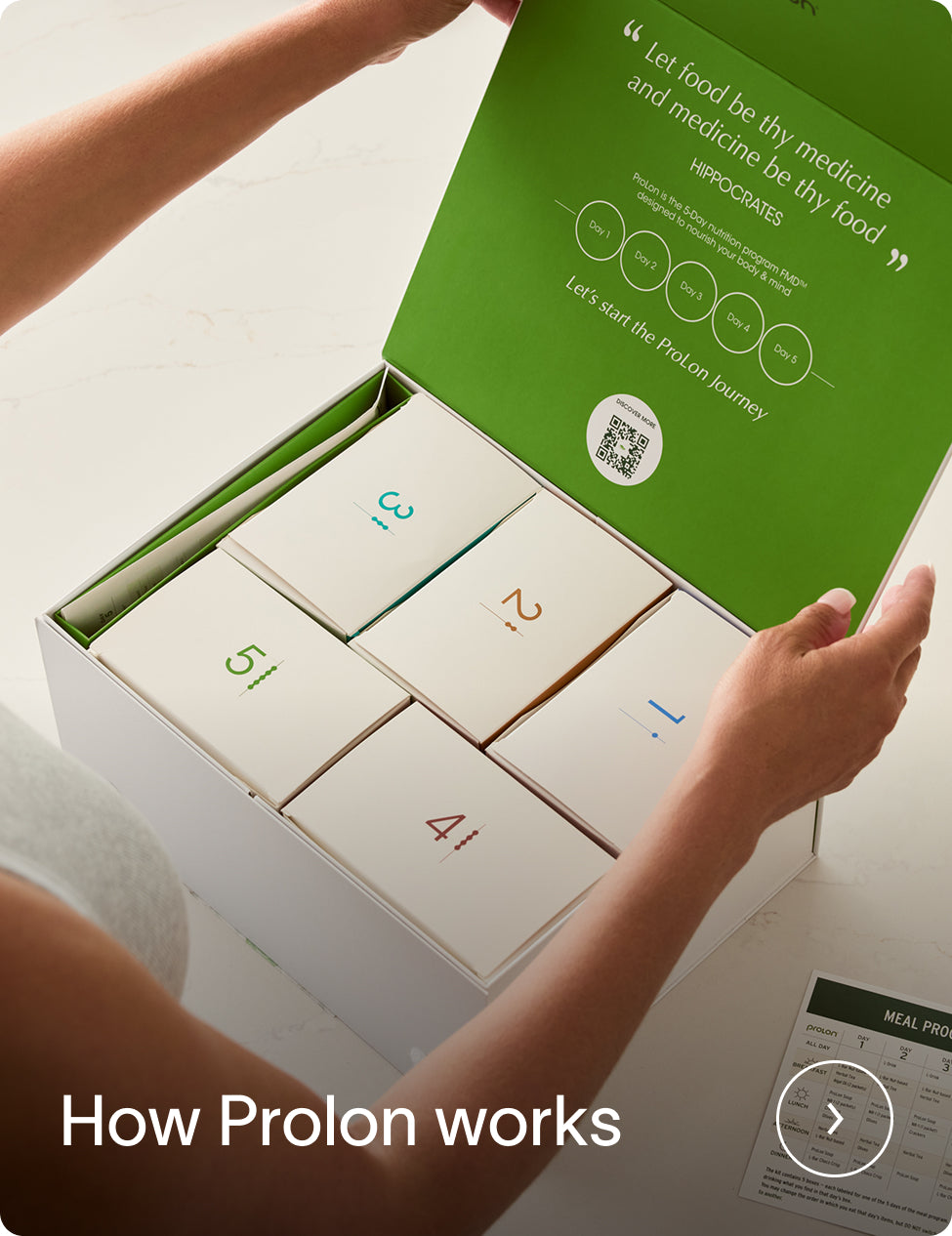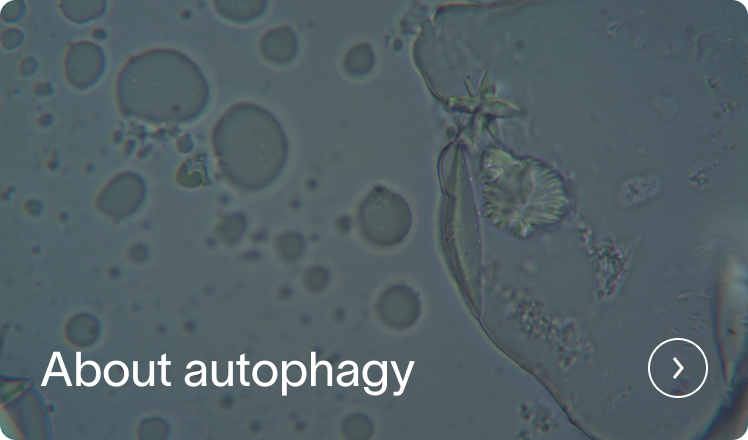Building and maintaining muscle is one of the best ways to support your overall health as you age, no matter how you choose to stay active. Whether it’s through everyday activities, light stretching, hitting the gym, or power walking, keeping your muscles strong helps boost metabolism, preserve mobility, and enhance your overall vitality for the long term.
Protein is commonly associated with muscle building, but what exactly does it do? How much protein do you really need? And are there any downsides to consuming too much protein? Let’s get into the answers to these questions and more.
Why is protein important for muscle growth?
Made up of amino acids, proteins are the building blocks of muscles. This macronutrient is required by the body to grow and repair cells, including those in your muscle tissue. When you consume protein, it’s broken down into its individual amino acid components in order to perform a variety of roles throughout the body, including breaking down food, creating neurotransmitters, and building muscle, among other important tasks.
That said, while protein is a key component in both muscle growth and repair, you may not need as much of it as you’ve been told.
How much protein should you eat to build muscle?
The Longevity Diet, based on the habits of those living in the areas with the highest populations of healthy centenarians, specifically emphasizes consuming balanced protein levels (not too much, not too little) that come from mostly plant-based sources.
Longevity Diet Protein Recommendations:
- If you are between the ages of 18-65, aim to consume 0.36 to 0.45 grams of protein per pound of body weight. For example, if you weigh 150 pounds, your daily protein intake should range between 55 to 68 grams and come from mostly plant-based sources. To put that in perspective, a general serving size of fish is about 3 ounces (roughly the size of your palm) and contains approximately 21 grams of protein, or about one-third of the daily protein needs for a 150-pound individual.
- Follow a daily food intake break down of 55-65% carbohydrates, 30-35% fats and 10-11% protein. Partake in a mostly vegan diet, consuming fish sparingly 2-3 times per week (avoiding fish with high mercury content ).
- For individuals over 65, maintaining muscle mass, strength, and a healthy weight becomes crucial for optimal aging. Similarly, those who are physically active may need to increase their protein intake to support their enhanced energy demands and recovery needs. For these groups, it’s suggested to increase protein intake from certain animal-based foods like fish, eggs, cheese, and yogurt made from sheep’s or goat’s milk and aim for 0.45g to 0.54g per pound of body weight each day.
Does the type of protein you eat matter?
The short answer is yes. Animal-based proteins, such as meat, poultry, dairy, and whey—often found in protein powders—can overstimulate the IGF-1 (Insulin-Like Growth Factor 1) pathway when consumed in excess. Plant-based protein sources, on the other hand, do not tend to overstimulate IGF-1 pathways, and may also offer added benefits of being high in fiber, vitamins, minerals, and other important nutrients.
Plant-based protein options include:
- Beans and legumes
- Peas
- Chickpeas
- Nut butter
- Tofu/Tempeh
- Oats Quinoa (and other whole grains)
- Broccoli
When to eat protein for optimal muscle gain
Not only does the type of protein you eat make a difference—when you consume protein can also help you optimize muscle growth.
Protein is best consumed shortly after working out. To maximize muscle synthesis, It’s recommended to consume 20-30 grams of plant-based protein within one hour after completing your workout.
Can you eat too much (or too little) protein?
Yes, you can eat too much protein. While IGF-1 is essential during childhood and adolescence for growth and development, overstimulation in adulthood, as can happen from eating too much protein, may lead to excessive cell growth and accelerate aging. Additionally, people who consume too much protein have a higher risk of kidney stones, and high protein diets that include a lot of red meats or saturated fats might lead to increased risks of heart disease or colon cancers, while diets high in plant-based proteins may not carry the same risks. Conversely, insufficient protein intake can result in low IGF-1 levels, which may also have negative health consequences.
The key takeaway is to strike a balance: aim to consume enough protein daily—primarily from plant-based sources—to support muscle health without overloading on animal proteins that may accelerate aging or increase health risks.
Can You Build Muscle and Lose Fat at the Same Time?
Many diets cause you to lose both weight and muscle, but muscle mass is crucial to effective and sustained weight loss. It boosts metabolism, increases calorie burn, plays a vital role in blood sugar management, and more. However, Prolon’s products are specifically designed to preserve lean muscle mass while shedding fat. And not just the first layer of fat, which is what most diets target, but also those stubborn layers of visceral and abdominal fat. Plus, studies show that weight loss from Prolon’s 5-Day Fasting Mimicking Diet (FMD) stays off, even after returning to a normal diet - helping you to build muscle while supporting fat loss.
How to Find the Best Plant-Based Protein For Muscle Health
By now, you’ve likely realized that much of what you’ve been told about protein might not be the full story; not all protein sources are created equal, and it’s possible that the protein you’re using can cause you to age prematurely.
But you can take the guesswork out of all of this with L-Protein, our plant-based protein powder made with clean ingredients. L-Protein was created to deliver the optimal amount of protein needed for muscle health without triggering IGF-1 - allowing you to support muscle maintenance, repair, and protection, without accelerating aging. Each serving contains 25 grams of protein with a complete amino acid profile in one simple yet nutritious breakfast, meal replacement, or post-workout drink.
Building muscle while maintaining optimal health is a delicate balance of choosing the right protein sources and consuming them at the right times. By prioritizing plant-based proteins, you can support muscle growth, repair, and long-term health without compromising your longevity goals.
